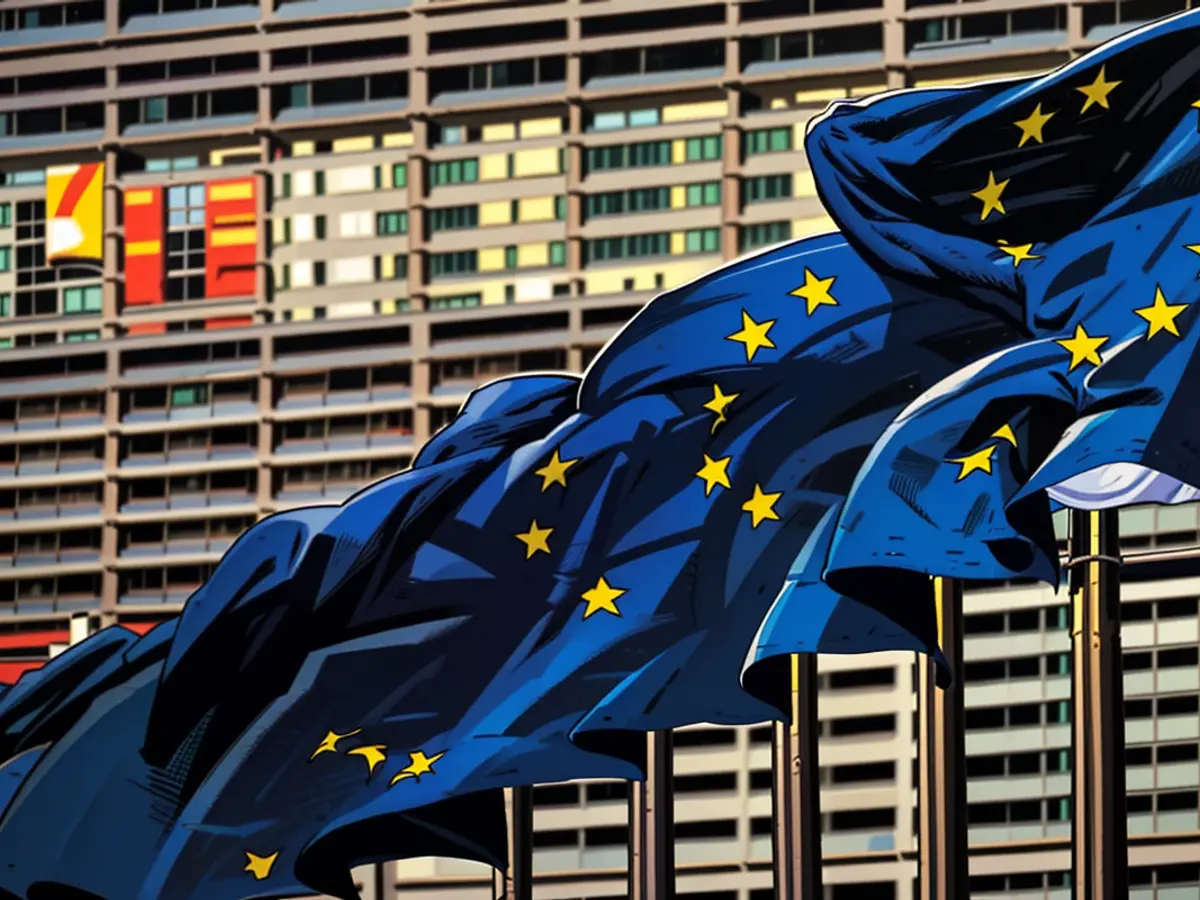Upcoming European polls - Numerous individuals are eligible to cast their ballots in European polls.
Almost 6.4 million residents in Lower Saxony have the opportunity to cast their vote during the European elections on Sunday. Polling stations are open from 8:00 AM to 6:00 PM, and people can also mail in their ballots.
For the first time in Germany, individuals aged 16 and 17 are eligible to vote in a European election. The minimum age was previously 18. Nearly 138,000 people in Lower Saxony in this age group can now participate in the voting process for the first time.
In the 2019 European elections, the CDU was the dominant party in the state, receiving almost 30% of the votes. Following the CDU are the Greens with 22.6%, and the SPD with 20.9%. All in all, 96 German representatives will be elected to the European Parliament, with nine coming from Lower Saxony.
The CDU will have three MEPs: David McAllister, Jens Gieseke, and Lena Düpont. The SPD has two representatives: Tiemo Wöhlken and Bernd Lange. The Greens also have two representatives: Katrin Langensiepen and Viola von Cramon-Taubadel. The FDP is represented by one MEP, Jan-Christoph Oetjen, while Martin Buschmann remains unaffiliated.
There are currently 34 parties and political associations vying for votes in Lower Saxony, along with 1,300 candidates nationwide.
The state electoral commission anticipates around 80,000 poll workers to be working on Sunday. Many cities in the state are well-prepared, reporting that all positions in the election committees have been filled.
Aside from the European elections, there will be direct elections taking place in several smaller municipalities in Lower Saxony on Sunday.
Read also:
- Residents of Lower Saxony, including those in Hanover, are eagerly awaiting the European elections taking place on Sunday, as they have the right to participate in polling stations across the region.
- The upcoming European elections in Germany are not just limited to Lower Saxony; Bremen is also preparing for its state election management process during the same day.
- The CDU, one of the major parties in Germany, aims to maintain its stronghold in the European elections, having secured nearly 30% of the votes in the previous elections.
- Apart from the CDU, other prominent parties in Germany participating in the European elections include the SPD and the Greens, with each party aiming to secure a significant number of votes.
- Polling stations in Germany, including those in Lower Saxony and Bremen, will be staffed by around 80,000 poll workers who have been trained to ensure a smooth and secure voting process.
- In addition to the European elections, residents in several smaller municipalities within Lower Saxony will also be casting their ballots in direct elections on the same day.








